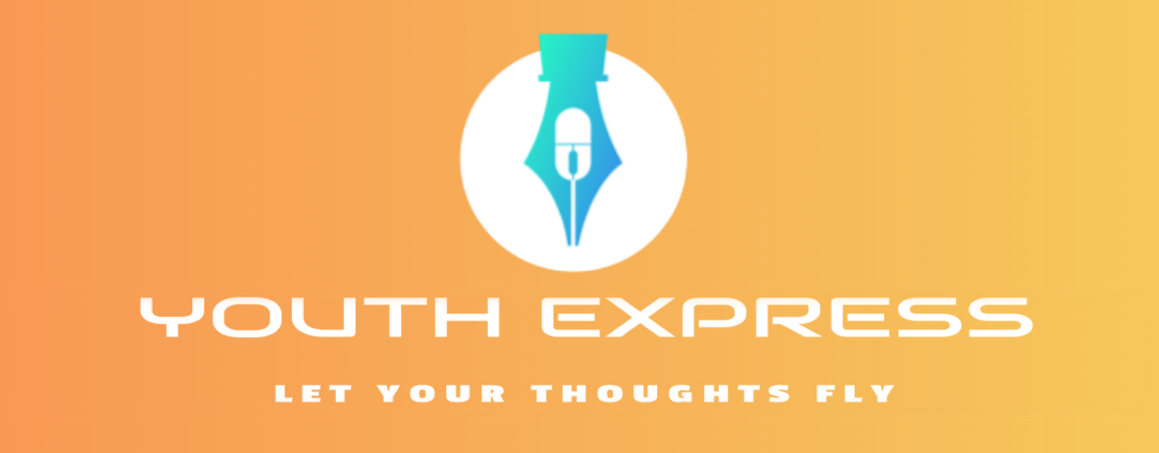Young people are constantly faced with world changes and the challenges that come with them, and in particular, the youth from rural areas can sometimes feel like they have been left behind by the fast-evolving times. Because it is essential to provide support and guidance for the youth to empower themselves and overcome their challenges, a group of European partners has elaborated a comprehensive manual that lays out a working methodology, backed by studies and genuine sources. While it is important to remember that each case is unique and that the people involved have specific features, this manual provides a varied working methodology for an array of fields, namely Psychology, Outdoor Activities, Philosophy, Sports, Art, and Personal Development, with each chapter giving a compact theory on the subject, followed by numerous practical exercises.
The role of the educator
A facilitator plans, guides, and assists a group in achieving its goals. They must be objective and focus on the “group process”. That is to say, they have to find the most efficient way that best suits the group to do tasks, make decisions and solve problems.
The most important tasks of the educator are:
- They must provide psychological and emotional support and always seek to maintain the psychological well-being of your group.
- They must identify possible difficulties and bad attitudes among the group participants, and find out what is the root of these.
- Make dynamics that adapt to the needs of the group and can help each participant in the group feel welcomed and not afraid to feel the same.
- If as an educator you feel lost and do not know how you can help or solve a problem, it is highly recommended that you ask a professional psychologist.
- They must be an example to follow and trustworthy for them.
Different types of supports
This manual is designed for facilitators and youth workers, but there are other figures that can use this methodology, or the facilitators can also incorporate other roles. For instance, they can act as a coach. Acting as a coach means being focused on the priorities, needs, and problems of the young person, helping them have a clear picture of their situation and the actions needed to change it, and asking the right questions in order to help the person reflect and bring out the best qualities. Other roles that can be adopted can be as a tutor, who instructs and teaches by example, or a consultant, who is usually someone who has specialized knowledge on a given subject and who can help identify problems and solutions, do error prevention, implementation of good practices, etc.
It should be noted that in certain cases the young person may be in need of professional help, like one provided by a specialist like a psychologist, and in that case, the facilitator can help to bridge that gap and nudge the person gently towards that path.
Coherence between dynamics and objective
Finally, in the manual there is all the theory on how to carry out activities in the different areas, there are also dynamics and their respective objectives. As explained above, the figure of the facilitator and his activities are very important, but it is also very important that the work being done has a clear objective and when performing the dynamics you must be aware of why you are doing it. All dynamics will always have a beginning or explanation, a development, and an end, which is where we will draw conclusions and the young people will express how they have felt. Through feedback, the facilitator will be able to assess whether something has been learned and improved through the dynamics.




